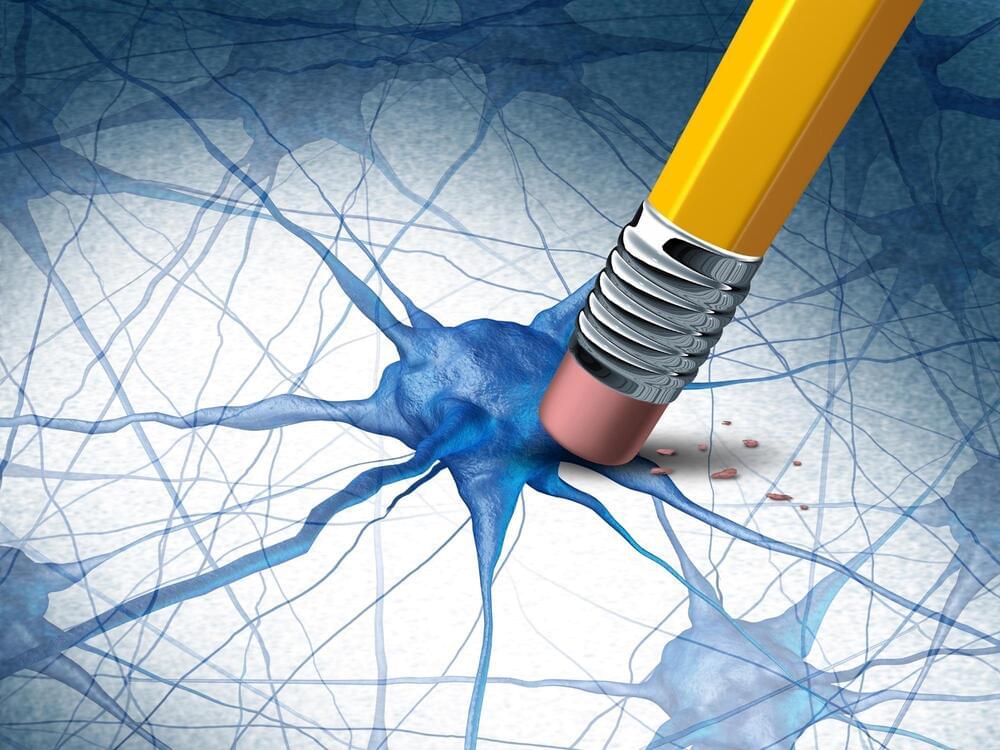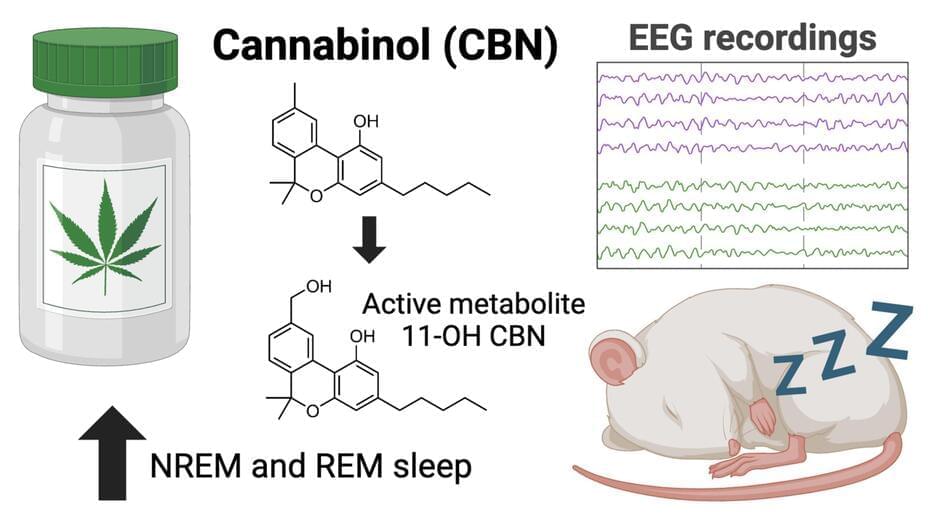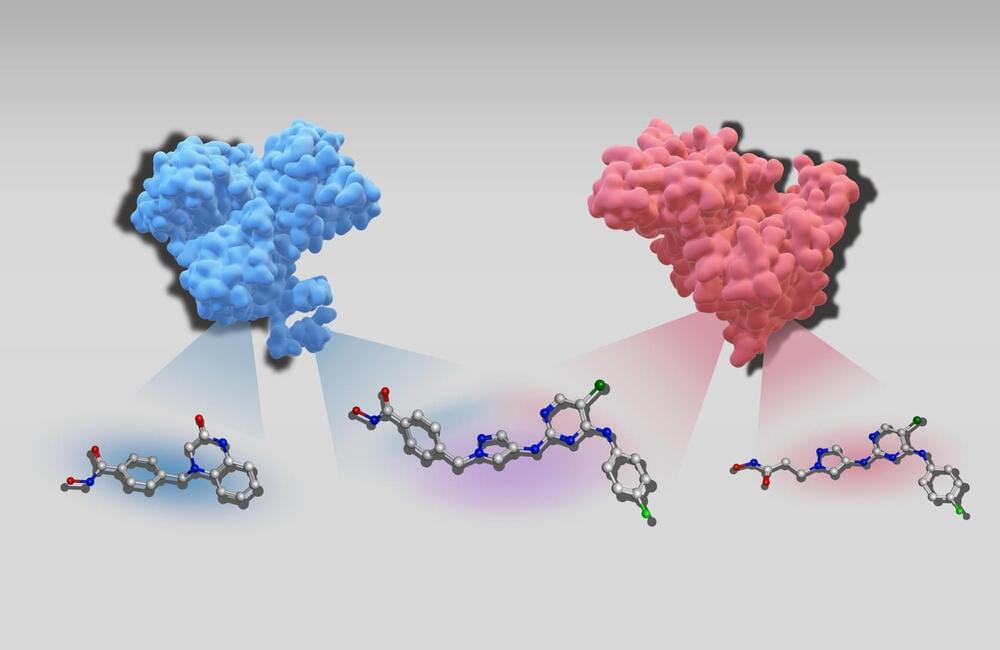Nov 17, 2024
Laser Storms: Physicists Create “Light Hurricanes” for 16x Faster Data Transmission
Posted by Genevieve Klien in categories: climatology, computing, physics
Scientists discovered a way to encode more data into light by creating light vortices with quasicrystals. This method could potentially increase data transmission rates through optic fibers by up to 16 times, marking a significant advancement in telecommunications technology.
Modern life relies heavily on efficiently encoding information for transmission. A common method involves encoding data in laser light and sending it through fiber optic cables. As demand for data capacity grows, finding more advanced encoding methods is essential.
Breakthrough in Light Vortex Creation.


















